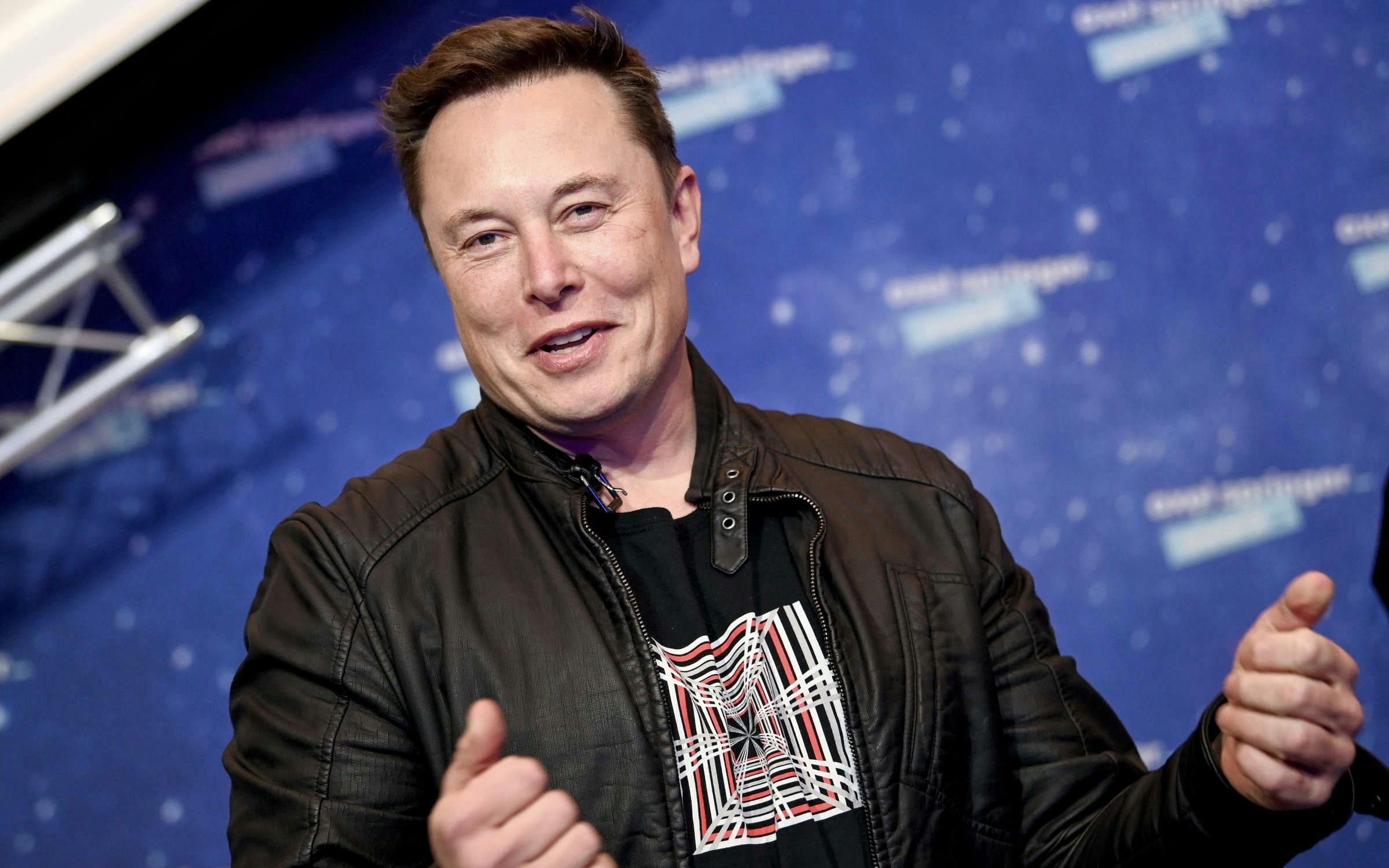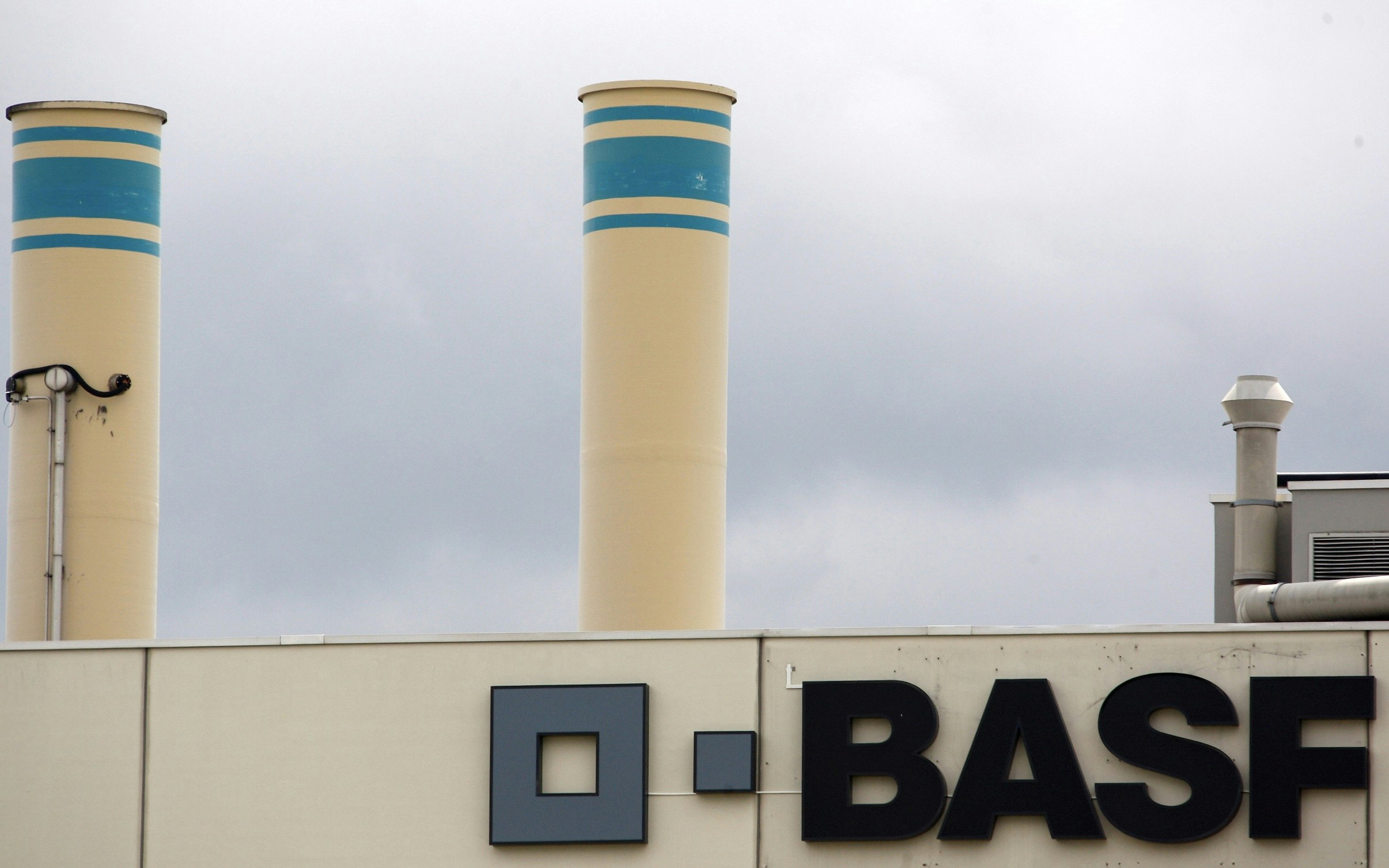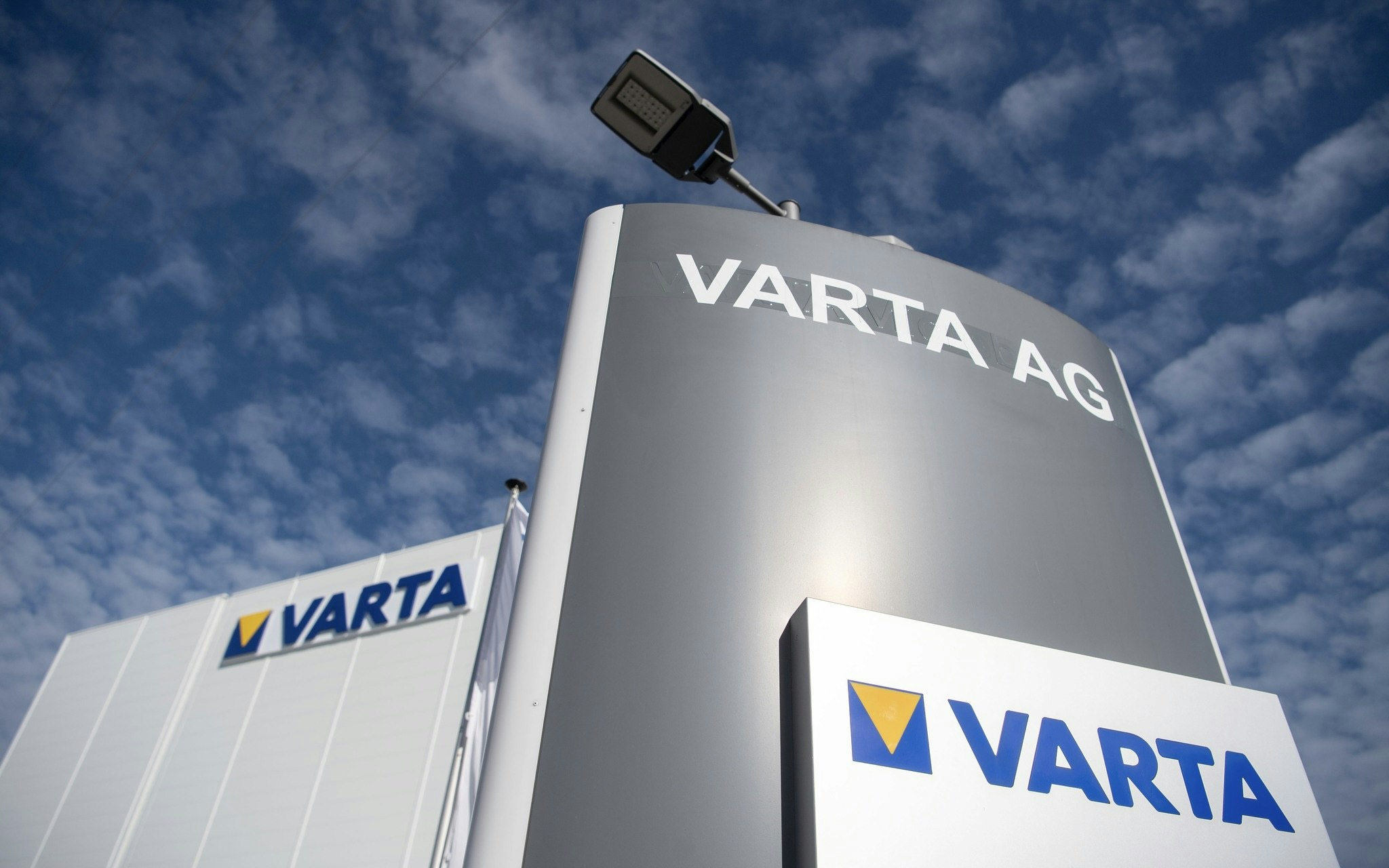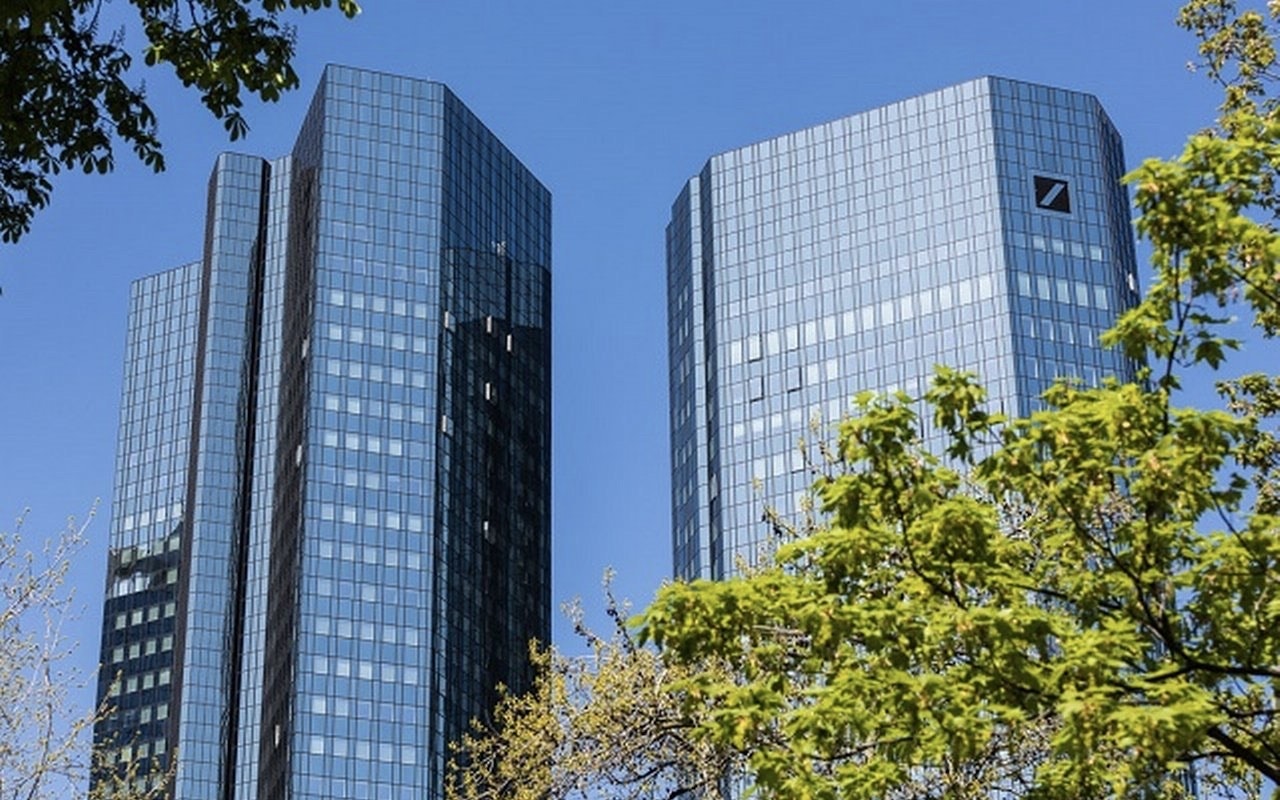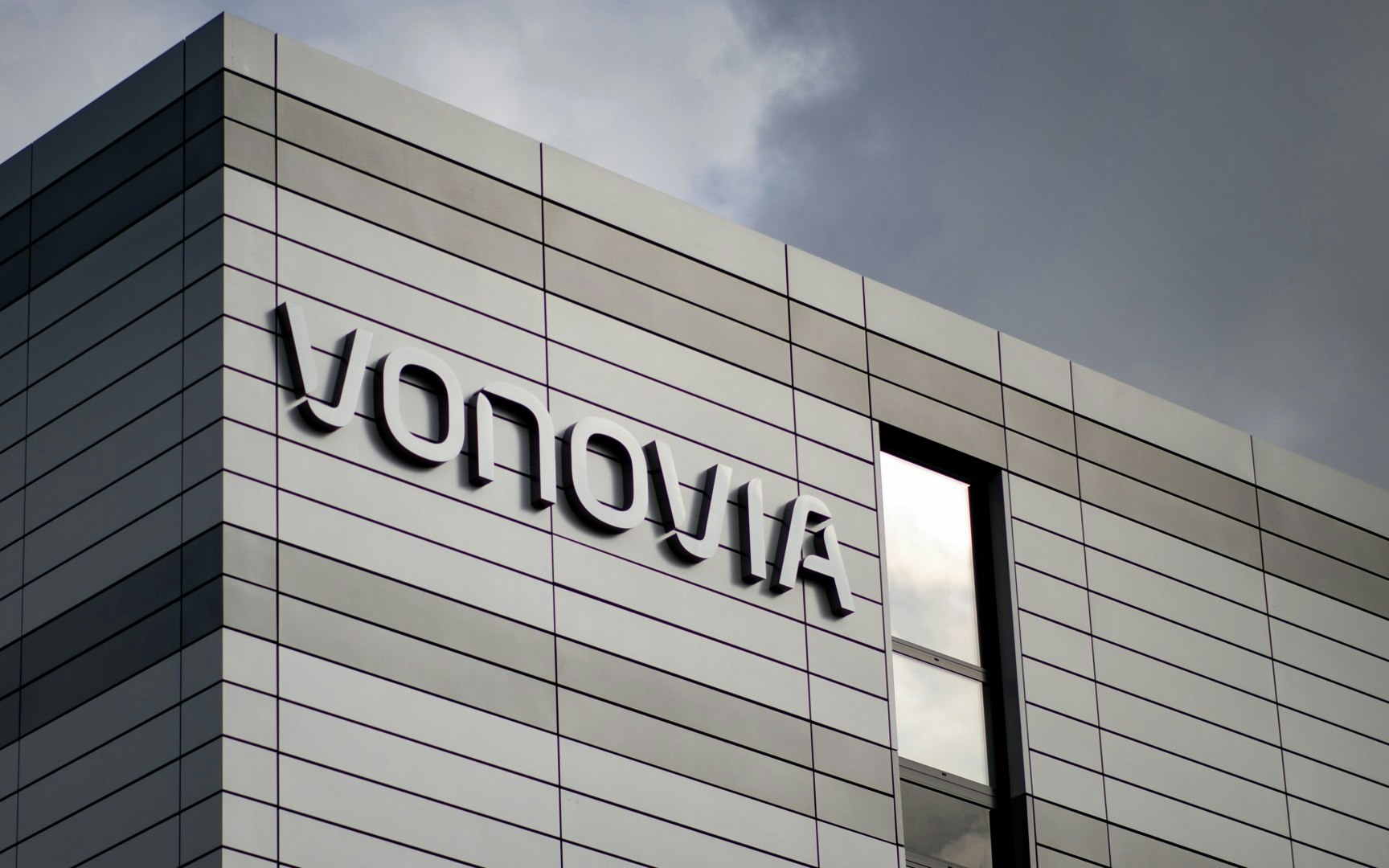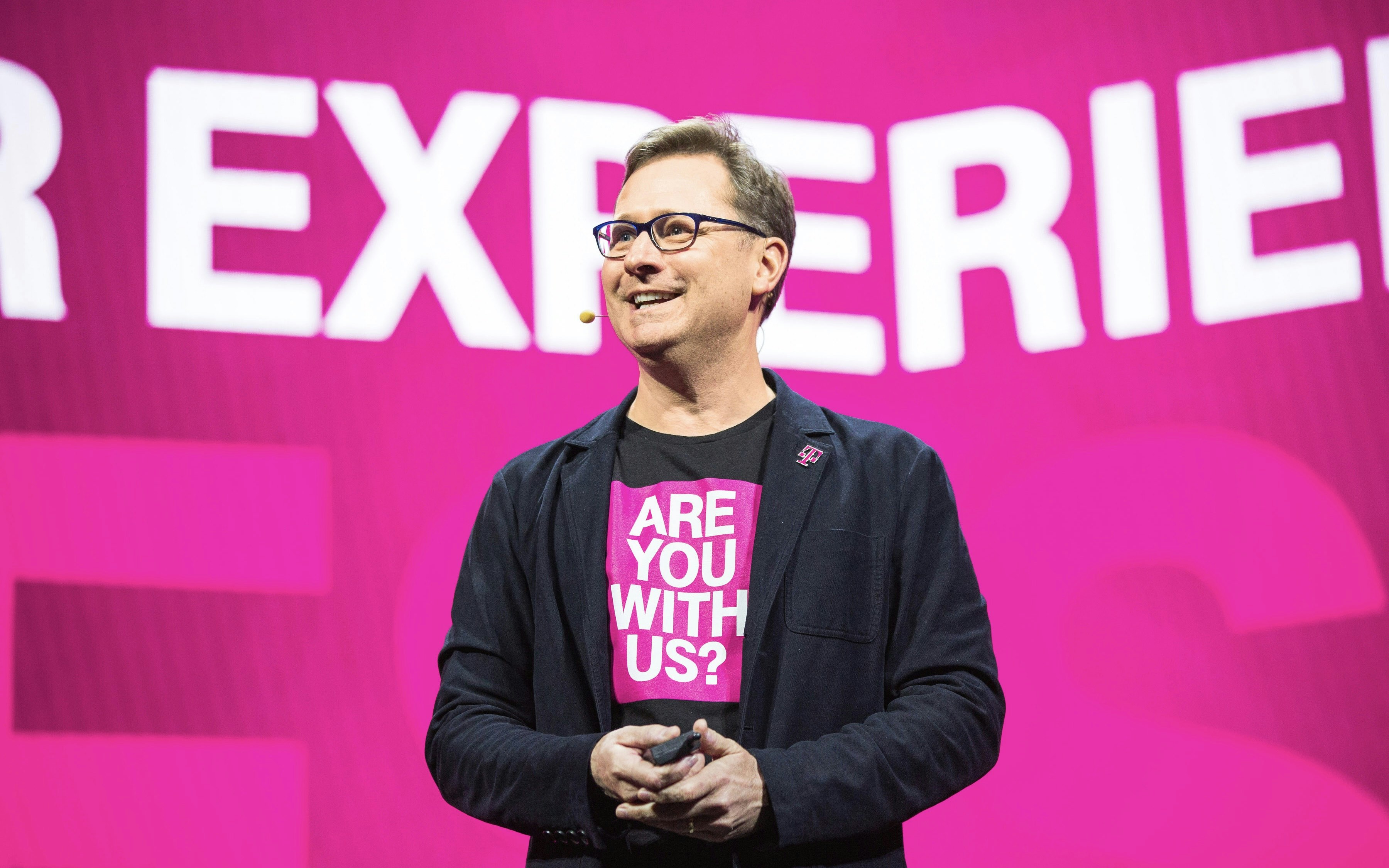The Use of Drugs by Billionaire Elon Musk Raises Concerns among Executives and Board Members, as They Fear It Could Harm His Companies. Musk and his supporters have offered several explanations for his contrasting views, unfiltered speeches, and provocative escapades. They are an expression of his creativity. Or the result of his mental challenges.
Or also the consequences of stress and lack of sleep. But in recent years, some executives and board members of his companies, as well as individuals in his inner circle, have developed a persistent concern that another factor is driving his behavior: his drug use. They fear that the drug experiences of the CEO of Tesla TSLA -0.18% and SpaceX could have serious consequences for both his health and the six billion-dollar companies he leads, according to insiders familiar with both Musk and his companies.
The richest person in the world has already consumed LSD, cocaine, ecstasy, and psychedelic mushrooms, often at private parties worldwide, where participants must sign confidentiality agreements or surrender their cell phones to enter. This has been confirmed by both witnesses of his drug consumption and individuals familiar with his behavior. Musk has already smoked marijuana in public and claims to have a prescription for the psychedelic-like ketamine. For example, in 2018, he took multiple LSD tablets at a party in Los Angeles that he hosted.
The following heading translated to English:
"He consumed illegal drugs at events in Mexico and Miami, causing concerns about his health and potential damage to his companies."
Drug abuse would most likely be a violation of federal regulations, which could jeopardize SpaceX's billion-dollar contracts with the government. Musk is closely tied to the value of his companies and could thus put at risk around a trillion dollars in assets held by investors, as well as tens of thousands of jobs and large parts of the US space program.
SpaceX is currently the only US company authorized by NASA to transport astronauts to the International Space Station. In recent years, the Pentagon has increased its purchases of rocket launches from SpaceX, and the company has also attempted to make a significant business out of selling satellite services to security agencies.
A former Tesla director named Linda Johnson Rice was frustrated by concerns about Musk's erratic behavior and her concerns about his drug use, leading her to not seek re-election to the board of directors of the electric car maker in 2019, according to people familiar with the matter. Musk did not respond to requests for comment.
The lawyer of Musk, Alex Spiro, stated that Musk regularly and randomly undergoes drug tests at SpaceX and has never failed a test. In response to detailed questions, Spiro, who claims to represent Tesla, added that the article contains "further false facts," but did not provide further details. Musk's close associates have long been accustomed to his inconsistent behavior.
Some senior executives at SpaceX, with whom he has worked for a long time, noticed a change during a company event in late 2017. Hundreds of SpaceX employees gathered around the mission control in the headquarters of the rocket company in Hawthorne, California, waiting for Musk, who arrived almost an hour late to the company's annual employee meeting about the latest rocket.
When he finally took the stage, Musk was strangely unintelligible. He mumbled and talked for approximately 15 minutes, according to the senior employees present, repeatedly referring to SpaceX's Big Falcon Rocket prototype, known as BFR, as "Big F—ing Rocket".
SpaceX President Gwynne Shotwell finally intervened and took over the meeting. It could not be determined whether Musk was under the influence of drugs that day. However, after the meeting, senior SpaceX employees privately discussed their concerns that Musk had taken drugs. Some described the event as "pointless," "crazy," and "embarrassing." Spiro referred to the description of the SpaceX incident as "false, as confirmed by numerous individuals present."
However, he refuses to explain what exactly was wrong or describe the numerous people. Then in 2018, so people familiar with his behavior, another incident marked a turning point for him and showed that his drug use could have an impact on his businesses. This year, Musk got in trouble with NASA after smoking marijuana on the Joe Rogan Show, triggering some red flags about the business consequences.
The employees of SpaceX were subsequently tested for drugs. In addition to violating federal contracts, any drug abuse would also violate company policies at SpaceX and Tesla, raising questions about Musk's leadership role at the publicly traded Tesla, where the board has a duty to oversee management.
Over the years, some Tesla board members have discussed among each other their concerns regarding Musk's alleged drug use, but individuals familiar with the discussions have said that nothing formally communicated, which would then end up as an official agenda item or in the meeting minutes.
Some board members, including current Tesla Chair Robyn Denholm, have turned to Kimbal Musk, who is a Tesla board member and was a board member at SpaceX until early 2022, to ask for his help regarding Musk's behavior without using the word "drugs," according to the individuals.
Some board members and others close to Musk feared that he had taken drugs when he tweeted about his plans to privatize Tesla in 2018, some of the individuals familiar with the incident said. Kimbal Musk informally approached his brother on behalf of some board members, according to some of the individuals.
The tweet sparked an investigation by the SEC into whether the statement was misleading or false, and resulted in Musk having to step down as chairman of Tesla for a while. Some close associates of Musk said they had heard that he was under the influence of drugs when he gave an interview shortly after the tweet, and seemed to be struggling with his difficult year.
The part of the problems that the board of directors had to deal with over the years was whether Musk's drug use was responsible for his unusual behavior or whether it was something else, such as his constant lack of sleep, which he has spoken about. Musk manages six companies, including the social media platform X, formerly known as Twitter; his tunnel project, The Boring Co.; his brain implant startup, Neuralink.
How board members and executives have long struggled with how to deal with drug abuse in their companies is well known. Some directors have wondered if it is their responsibility to control drug use outside of the office, and if what executives do in their personal lives - especially with drugs that may be legal in certain cases or states - can affect their business decisions. In most companies, board members are not required to initiate investigations into an executive's drug use, but they often take action if they believe it is affecting the business.
According to corporate governance experts, this may include an encouragement for a break for treatment or examination. Drug use is a more complex issue than other substance problems such as alcohol, as possessing certain drugs like cocaine can lead to criminal charges.
In 2020, the drug abuse of former Zappos CEO Tony Hsieh ultimately led Amazon Shoe Company executives to take action, according to individuals familiar with the events. Amazon managers gave Hsieh a few months to improve, but when he was unable to do so, he resigned. In late 2020, Hsieh was trapped in a house fire while under the influence of drugs and later died from his injuries.
Tesla's code of conduct describes the electric vehicle manufacturer as a drug-free workplace and prohibits all employees, including executives, from using drugs, even outside of the office. Employee illegal drug use also contradicts the rules that apply to the more than $14 billion in contracts that Musk's private space exploration company, SpaceX, has signed with the US government for civilian and military space missions.
Federal agreements require companies to comply with the Drug-Free Workplace Act and promote a drug-free culture through programs and policies, regardless of state laws that may legalize consumption in certain cases. Contractors can also lose security clearances due to drug abuse, defined as the use of illegal drugs or prescription medications "in a manner that deviates from approved medical direction." In his role as CEO and founder of SpaceX, Musk has a security clearance that grants him access to confidential information.
Investors have often turned a blind eye to concerns regarding Musk, including his drug use, especially when Tesla is doing well, said investors and individuals close to the board. In recent years, both Tesla and SpaceX have achieved extraordinary success. Tesla stock has surged about 1000% in the past five years, despite declines in 2022, compared to an increase of around 86% in the S&P500 during this period. Revenue at SpaceX has also skyrocketed.
In summer 2018, some people in Musk's circle began to be concerned that he could lose control. Several months after the all-hands meeting at SpaceX, Musk tweeted in August that he wanted to privatize Tesla for $420 per share - "420" is a slang term for marijuana - and that he had "secured funding."
The now infamous tweet sparked a storm of outrage among investors trying to understand the billionaire's plans for the electric car maker. Tesla stocks rose more than 6% on the day of the tweet. The SEC launched an investigation that resulted in a settlement including fines of $40 million, the appointment of two independent board members, and oversight of Musk's communications.
Musk denied any blame. Board members informed regulators that they knew nothing about Musk's plans and were surprised by his actions. Privately, some board members were concerned that Musk was under the influence of drugs when he tweeted, and some directors briefly discussed the idea that he should take a break from Tesla, said individuals familiar with the conversations. In an interview with The New York Times shortly after, Musk mentioned multiple times about the intense pressure during his role at Tesla, and said, "This past year has been the most difficult and painful year of my career."
Behind the scenes, however, it looked much worse: Musk was under the influence when he answered questions from reporters, according to individuals familiar with the incident. The CEO had not informed Tesla's communication team that he was giving the interview, said individuals involved in the episode.
Shortly thereafter, Musk smoked marijuana on the comedian Rogan show, which can be streamed online. NASA requested written assurances that SpaceX was in compliance with the federal law on drug-free workplaces and allocated $5 million in taxpayer money for training SpaceX employees, according to a letter from NASA to the company and federal contract documents. Musk stated that the agency had conducted drug tests at SpaceX for a year. Company contractors must adhere to the usual NASA guidelines for drug tests, which typically include screening for marijuana and cocaine and also have the ability to test for amphetamines, opioids, and PCP.
Spiro did not answer the question about what kind of drug tests Musk had done. At SpaceX and some of Musk's other companies, including the Boring Co. tunnel project, executives began reminding employees that they must always follow company rules, including the prohibition of illegal drugs, even outside the office, according to individuals familiar with the warnings. SpaceX randomly brought in drug-sniffing dogs to ensure that employees do not have any illegal substances on them, the individuals said.
At Tesla, Denholm, the current board chairman, James Murdoch, and other directors would sometimes informally gather during breaks or after meetings around Kimbal Musk, to ask how Elon Musk is doing or if he's getting enough sleep, said individuals familiar with the conversations. While the directors did not specifically ask about drug abuse, the individuals understood that the questions were related to Musk's perceived drug use.
Rice, the director who did not seek re-election in 2019, expressed concerns multiple times about his drug use in confidential conversations with board members during her two-year tenure on the board, said individuals familiar with her concerns. She asked informally if the board should investigate and was denied, said one of the individuals.


